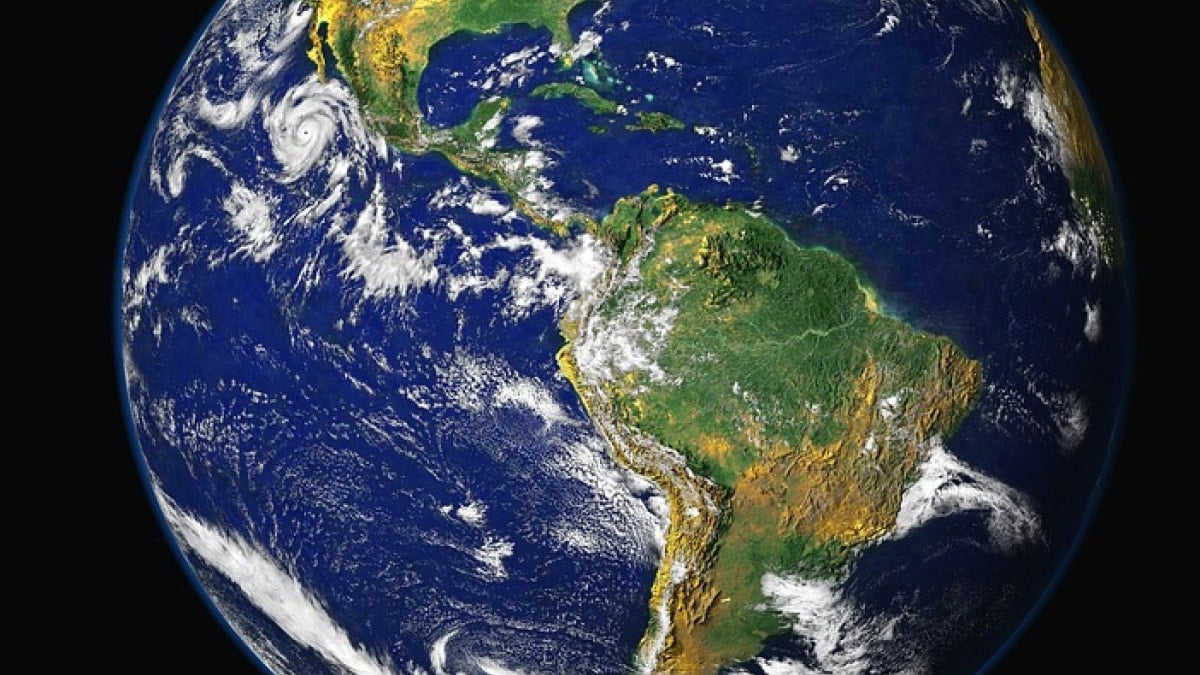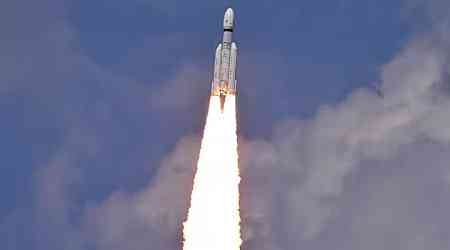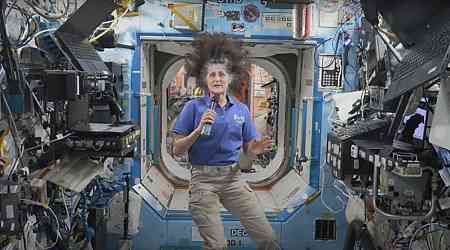Roughly 3.26 billion years ago, a meteorite, much larger than the one that led to the extinction of dinosaurs, struck Earth. According to a research led by geologist Nadja Drabon of Harvard University, the impact from this colossal object likely played a critical role in the development of early life. While such events typically evoke images of mass destruction, this impact may have done something unexpected. It is believed to have churned up vital nutrients, which then helped certain types of early microorganisms thrive.
Meteorite Impact and its Aftermath
Drabon's team examined rock layers from the Barberton Greenstone Belt in South Africa, which contained evidence of this massive impact. Their research reveals that the collision would have created extreme conditions. Heat from the event vaporised the upper layers of the ocean and released a thick cloud of debris into the atmosphere, blocking out sunlight. This would have been disastrous for many life forms that depended on photosynthesis, but the turbulent conditions brought a surge of nutrients, such as phosphorus and iron, from the ocean floor to the surface.
Nutrients that Helped Microbial Life
The nutrients delivered by the meteorite impact created a unique opportunity for life forms capable of metabolising these materials. The microbes that could use iron, for instance, saw a significant boost in population. Drabon's research shows how an event typically seen as catastrophic might have given early life an essential push by altering the environment in a way that favoured certain organisms.
Studying the Past to Understand Life's Development
Drabon and her colleagues believe that early impacts like these, though devastating in many ways, may have repeatedly altered Earth's environment, enabling life to flourish. They plan to continue studying the Barberton Greenstone Belt to learn more about this critical period in Earth's history.
































